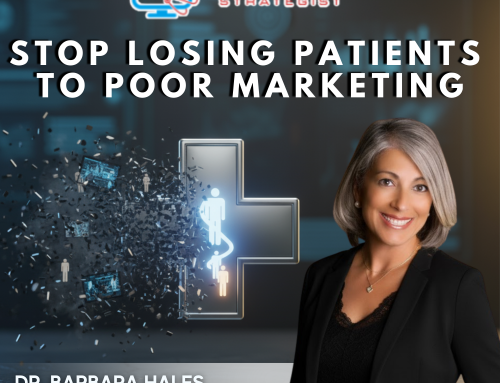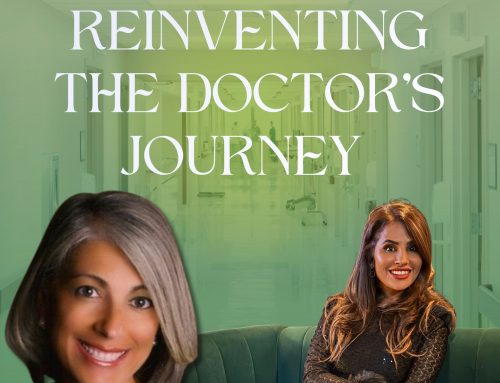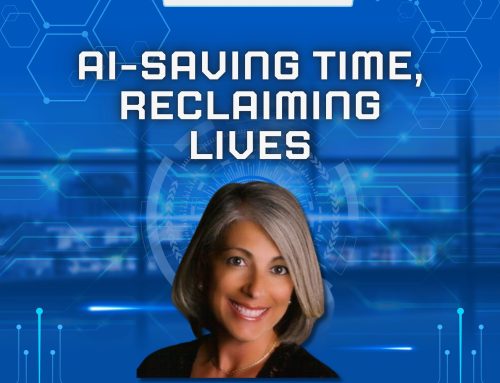Would it surprise you to know that not only patients seek health related information on Wikipedia? The IMS Institute for Healthcare Informatics reports that physicians and other healthcare providers look for healthcare solutions on Wikipedia also, stating:
“Wikipedia is the leading single source of healthcare information for patients and healthcare professionals…[and] nearly 50% of U.S. physicians who go online for professional purposes use Wikipedia for information, especially on specific conditions.” “Wikipedia is a prominent source of online health information compared to the other health information providers studied [in the past]”.
To its credit, Wikipedia does update the information posted frequently. Using analytical algorithms with page views and search engine rankings, researchers noted that:
“Patient trust in clinicians and the broad reach of social media puts healthcare professionals in a prime position to drive healthcare topics on the Web. “Much like the pharmaceutical industry, healthcare professionals are usually perceived as laggard adopters of new technologies.”
Rare diseases and unusual symptoms gets many more clicks than run of the mill conditions and people flock to chat rooms to further discuss their ailments. Among the report’s recommendations is communication between patients and physicians in social media sites including forums.
In facilitating this communication, the American College of Physicians (ACP) gave a policy statement issued in April 2013 in conjunction with the Federation of State Medical Boards (FSMB), offering detailed guidelines for physicians on appropriate use of social media, ACP president-elect David A. Fleming, MD, told Medscape Medical News.
“To me, [the IMS recommendation] is sort of a soft mandate, where professional organizations and groups are expected to approach social media in a professional way to meet their professional mission…. It really is up to us to police ourselves and to inform ourselves about what appropriate behavior is,” Dr. Fleming said.
IMS Report Findings
- Overall use of social networking sites grew from 8% of all adults online in 2005 to 67% in late 2012 and up to 72% of U.S. adults online in May 2013.
- Doctors spend twice as much time using online resources compared to print before clinical decisions
- Physicians spend an average of 3 hours a week watching online videos for professional purposes, citing their top 3 as Medscapeand YouTube, followed by videos on pharmaceutical company websites.
While Fleming does use Wikipedia, he also gets information from Google and Google Scholar, as well as physician-targeted sources such as UpToDate, Epocrates, and ACP Smart Medicine. “You get multiple sources when you do a search. I don’t think that’s necessarily a bad thing. Any information we get, whether Wikipedia or any healthcare sites or blogs, have to be put in the context of a balanced view.”
Dr. Fleming points out:
“I think physicians have always had a responsibility to society to ensure accuracy and cogency of information that goes out to the public. That includes Wikipedia, but that’s just one part. We need to be participatory.”
Do you use Wikipedia? Are you conversing with patients and other physicians on social media sites? Which ones? Share your experiences in the comment box below.



